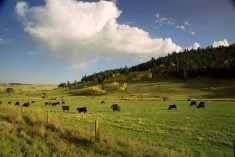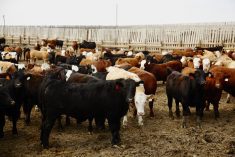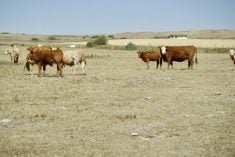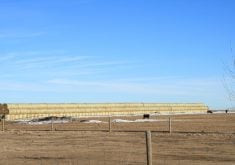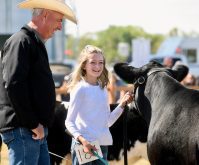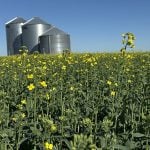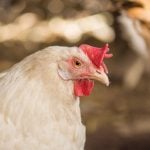Time doesn’t stand still. It’s hard to believe that my term as president of the Canadian Cattlemen’s Association (CCA) is already coming to an end — although some days felt a lot longer than others. A lot has happened in 24 short months. Our industry weathered its fair share of storms, but our resiliency shone through thanks to hard work, perseverance and collaboration.
Reflecting on the last two years, the thing that stands out the most is what we’ve accomplished by working together. For my final column as CCA president, I’ll share a few positive things that we’ve made happen for our industry through collaboration and strong relationships with our stakeholders.
Read Also
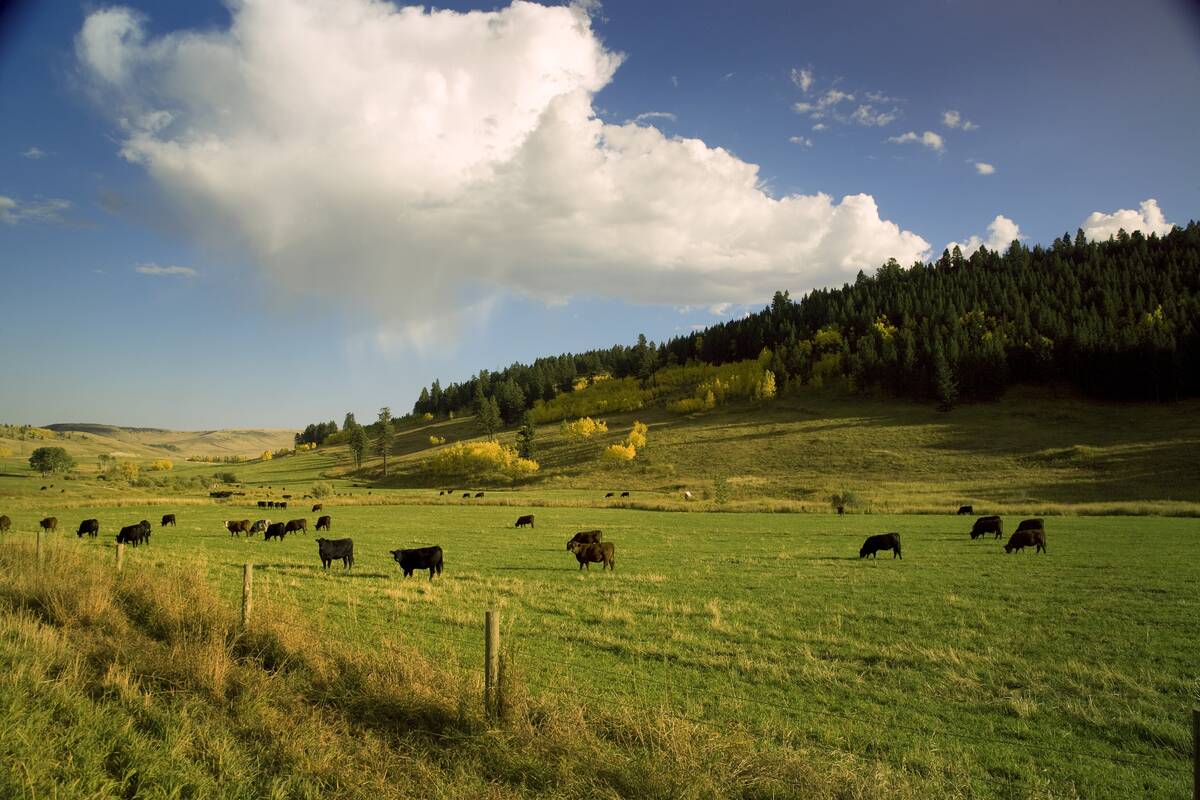
The Canadian Cattle Association’s international advocacy efforts
Global ag policies affect Canadian food policy, so the Canadian Cattle Association participates in international and domestic forums
COVID-19 response
In the days following the 2020 CCA annual general meeting, the world as we knew it changed with the arrival of confirmed cases of COVID-19 in Canada. Our industry quickly mobilized and worked hard to adapt to new protocols to help limit the virus’s spread and navigate the uncertain times one day at a time. Thanks to strong relationships developed over time, we quickly pulled together working groups consisting of representatives from CCA and our industry partners to manage and co-ordinate the response. Our goal was to maintain business continuity and have the agri-food system deemed an essential service.
Changes to BRM
On the advocacy front, we quickly realized the importance of a united approach when requesting changes to AgriStability from the federal government. Achieving consensus within our own sector can be challenging, but when you bring in multiple sectors within the agricultural industry, that can bring in a whole other layer of complication. Through discussions with the Canadian Federation of Agriculture (CFA) and the Canadian Pork Council (CPC), we found common ground and brought forward strong recommendations to Minister Bibeau regarding changes to AgriStability.
To aid in this joint advocacy effort, we partnered with CPC on a CFA-led public awareness campaign for consumers in urban centres such as Toronto and Vancouver during the summer of 2020. This campaign had a call-to-action asking Canadians to pledge support to Canadian farmers and helped raise the profile of animal agriculture in Ottawa with policy-makers. Our collaboration led to the federal government making important changes to AgriStability — namely removing the reference margin limit.
This is the first time in my cow politics career that I’ve seen this level of cross-commodity collaboration happen. But I hope it’s not the last. I will quote Canadian Agriculture Hall of Fame inductee, Stan Eby, “Working together works.”
UN Food Systems Summit
The Canadian beef industry has a great sustainability story to share about the connection between raising cattle and the environment. We have enhanced our level of engagement in conversations about the environment and climate change and will continue to share how we are a part of the solution.
One of our biggest successes in 2021 was our engagement in the United Nations Food Systems Summit (UNFSS). In partnership with the Nature Conservancy of Canada (NCC), we hosted a three-part virtual dialogue series before the summit. We worked to build positive conversations about Canada’s red meat industry, the positive contribution of animal agriculture and the importance of a balanced agriculture system. I’m proud to say CCA’s leadership paid off as Canadian livestock producers were recognized on the world stage for their sustainability efforts by the Canadian government at the UNFSS. The collaboration of global animal agriculture organizations and our friends from the cropping sector moved the conversation from an anti-animal bias to accepting “nature-based” solutions and the realization that we need a balanced ag system for food security and environmental sustainability.
CCA looks forward to continuing to work with all our partners in the years to come.
Drought response
Drought became the biggest issue of many challenges our sector faced in 2021.
Western Canada experienced one of the hottest and driest summers on record. The magnitude of this disaster’s impacts are still being felt and are concerning. The widespread scope of this issue allowed CCA, provincial member associations and cattle producers from across the country to take a united approach to inform federal and provincial governments of the support affected beef producers needed.
Collectively, we advocated for AgriRecovery programming to support producers in these difficult times. We are thankful for the quick AgriRecovery rollout from federal and provincial governments, providing support for feeding costs, improved water access and wildfire impacts.
In my view, the most important element to this effort’s success is that these practical solutions were driven through producer input. Your comments in phone calls, town halls and direct communication with industry and government representatives were heard and helped shape CCA’s policy on this issue. I hope that we can use this model again to tackle issues related to extreme weather events.
In closing, I am proud of the dedication and work that CCA, at the board and staff level, did alongside our industry partners from across the country to best communicate cattle producers’ needs over the past two years. There have been a few mountains to climb during my tenure as CCA president, but the climb was made easier thanks to the commitment of CCA officers, board members, staff, as well as industry and government partners and last, but not least, my family.
As I hand over the reins to the new president, I’d like to reiterate that despite the past two years’ challenges, we produce an environmentally friendly, socially accepted, highly nutritious form of protein in a protein-deficient world.



